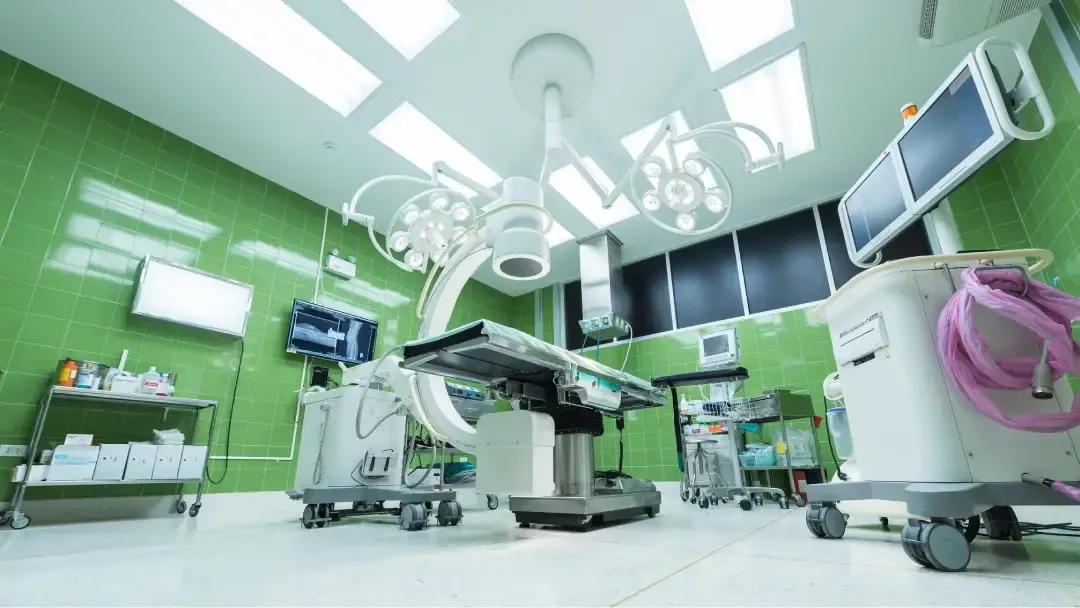5 Importance of Medical Transcription in a Hospital Setting
December 2022
·
2 min read

Nobody likes going to the hospital. As medical practitioners, we can’t change that.
But we can do a few things to make patients’ lives easier. One of those things is keeping accurate medical records so that people get better treatment and insurance claims are seamless.
In this article, we’ll talk about how you can use medical transcription in a hospital setting to improve the delivery of healthcare services.
Medical transcription in a hospital setting
Lots of reports you get from the hospital are created from the doctor’s dictations of your condition
✅ Patient history and physician report
✅ Discharge summary
✅ Operative report
✅ Consultation report
✅ Lab report
✅ Administrative report; among others.
These transcripts have multiple goals:
-
Create a central database of information
-
Faster access to critical information
-
Better use of hospital resources
-
Make insurance claims easier
Let’s talk about each goal one by one:
1. A Central Database of Information
Moving everything from paper to digital helps store information in one place everyone can access. With a central database, hospitals can share information between healthcare workers, administration, and other hospitals.
Such a repository also makes searching, editing, and printing documents more efficient. It makes data accessible to patients if and when they need it.
2. Faster Access to Recall Critical Information
Healthcare practitioners need instant access to a patient’s healthcare history, including past medication use, allergies, surgeries, and other notes.
Especially during emergencies, transcripts are a godsend since the ER personnel don't have much time before they start treatment.
3. Better Use of Hospital Resources
Converting audio dictation into text takes time and effort. With medical transcription, doctors, nurses, and hospital staff can focus on patient care and everyday hospital operations. It is especially beneficial when busy seasons hit.
Moreover, it helps provide uncompromised patient care and minimizes documentation errors.
4. Categorize Medical Information
Medical transcription produces patient history, physician report, discharge summary, operative report, consultation report, lab report, administrative report et cetera; which helps categorize medical information.
With segregated and labeled reports, medical documents are easily identified during hospital audits.
5. Insurance Claims
Accurate medical documents are a prerequisite to claiming insurance. Medical transcription thus helps the billing and coding staff to bill insurance companies.
It helps hospitals save time, provides ease-to-reference, and helps detect and prevent fraud.
Conclusion
Regardless of the size of the hospital, an organized repository of medical documents helps. Your practice will expand, saving time and money.
Since patient care is paramount, medical transcription helps doctors spend more time with patients enhancing the quality of care they receive. Select a company that best fits your needs.


